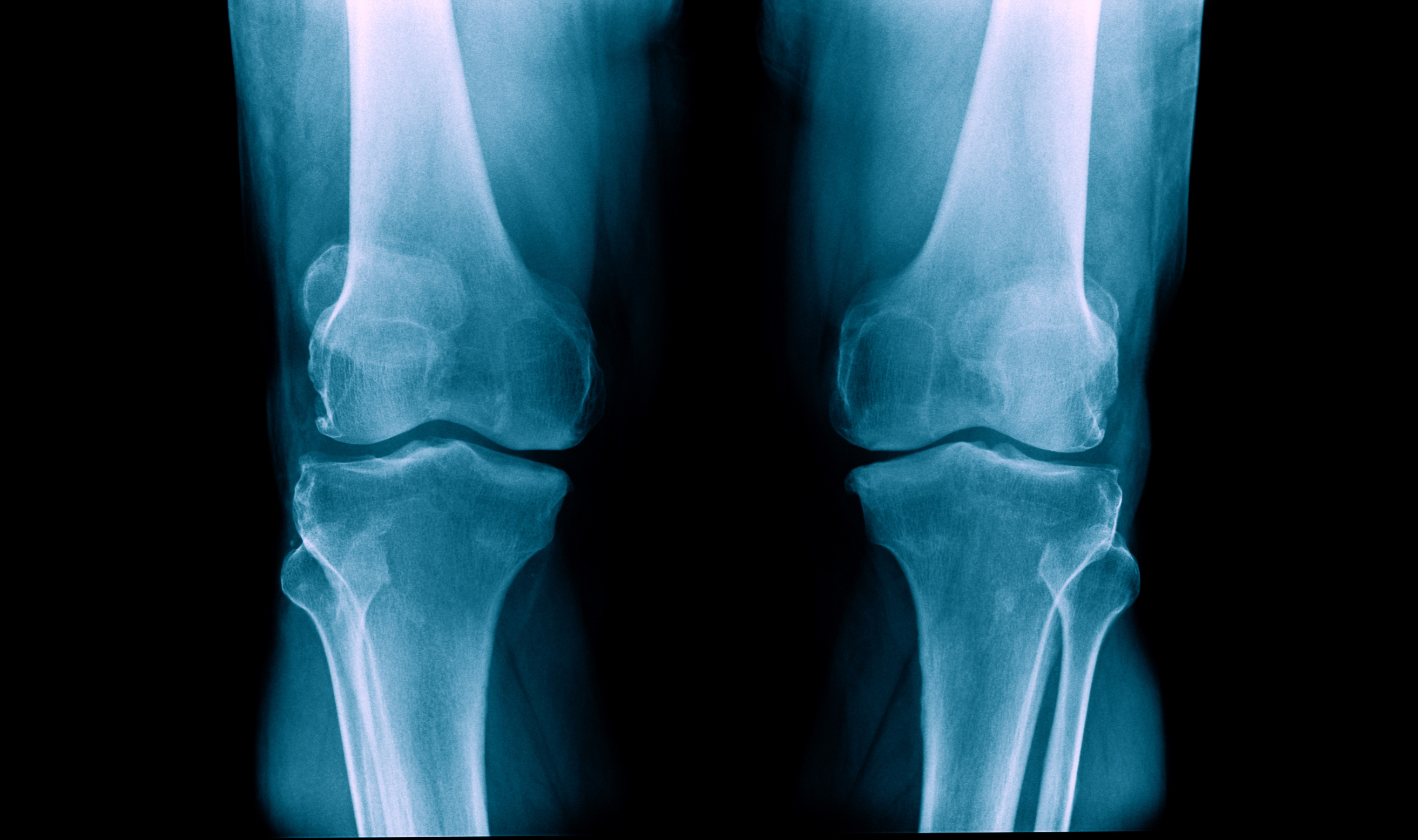
Apolipoprotein E (APOE) signaling may be implicated in patients with osteoarthritis, according to a recent study published by Tang et al in Science Translational Medicine. Researchers explained that the infrapatellar fat pad and synovium help maintain homeostasis of the knee joint; however, the mechanisms regulating function of the specialized tissues in osteoarthritis are currently unknown. In the study, researchers performed single-cell and single-nuclei RNA sequencing of the human infrapatellar fat pad and synovium to examine cellular composition and transcriptional profile. They then compared changes in the mesenchymal and immune populations of patients who had osteoarthritis with those in the general population. After discovering that dipeptidyl peptidase 4–positive mesenchymal cells acted as common progenitors for infrapatellar fat pad adipocytes as well as synovial lining layer fibroblasts, the researchers determined that the specialized tissues represented an integrated tissue unit. In mesenchymal lineage cells with biglycan-positive intermediate fibroblasts, osteoarthritis induced a fibrosis-promoting and inflammatory phenotype that may contribute to disease fibrosis. The researchers found that APOE signaling from intermediate fibroblasts and inflammatory macrophages in the infrapatellar fat pad were potentially responsible for driving disease progression. In murine models involving mice with collagenase-induced arthritis, the researchers inhibited APOE signaling with intra-articular injections of anti-APOE neutralizing antibodies; the treatment reduced the progression of osteoarthritis. The researchers concluded that their new findings may help lead to the development of novel therapies for patients with osteoarthritis.